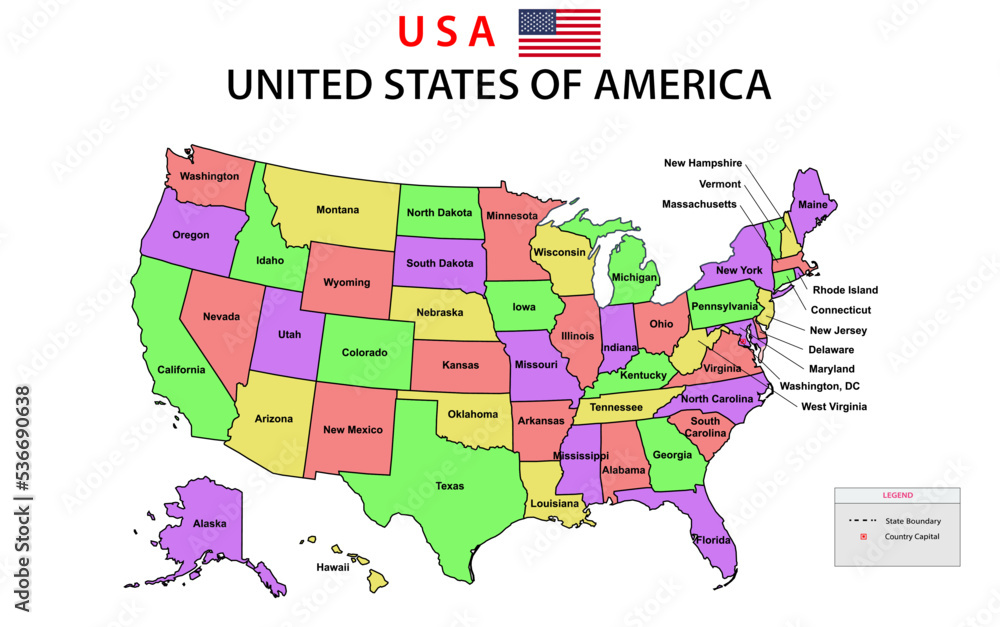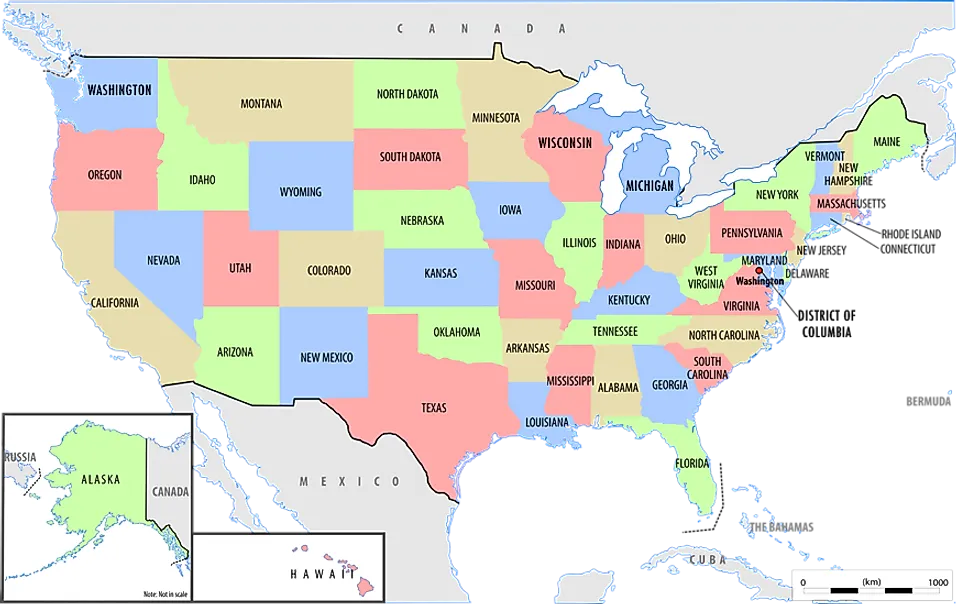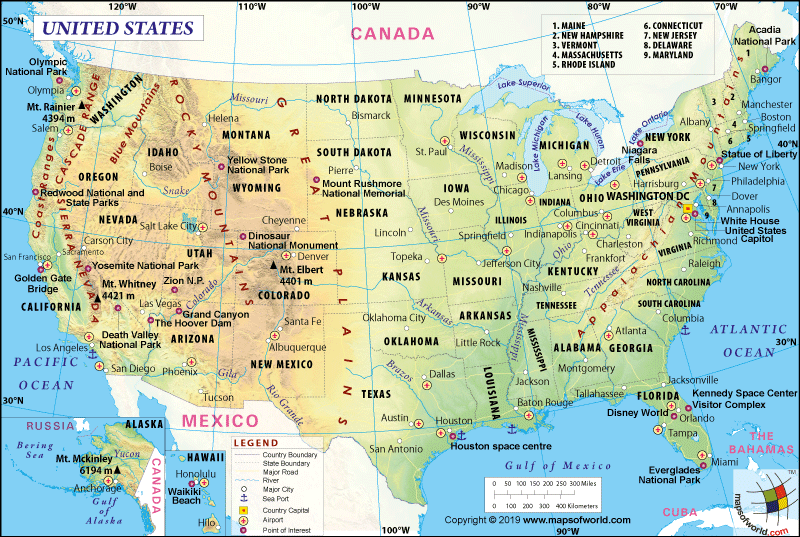Is The US Army A Cult - A Deep Look
Many folks wonder about the United States military, and a rather strong idea that pops up sometimes is whether it acts like a cult. It is a thought that certainly gets people talking, and it can feel a bit out there to even think about. After all, the military is a big group meant to keep a country safe and sound. Some people truly feel the military has shown it can keep innocent people from harm many times over. It is also often said that the National Guard, for instance, is absolutely not a cult. Just talking with someone who serves in person could really help clear things up for you, too it's almost a certainty.
The idea that the military might be a cult is a very striking and much-debated topic. It is really important to get that the military is not a cult in the usual way we think about cults. Those groups often have one person everyone looks up to, try to control what people think, and might even take advantage of others. This question of whether the military is a cult is, you know, a pretty involved and often argued point. On the outside, it might seem a little silly to even suggest that the military, a group set up to guard and serve a nation, could be thought of as a cult.
Yet, there is a concept of a "cult of military service" that apparently grew as the army became all volunteers. This situation might mean that people in politics, like Tim Walz, could use it to help them get to high places, maybe even with someone like Kamala Harris. But for others, it is a path that leads to great sadness. Today, I actually believe there are concerning signs in our society. It seems like the respect we give to people in uniform is changing into something more like a worship of military power, a "cult of militarism." A cult, by definition, is a way of showing deep respect for something, often religious.
Table of Contents
- Is the US Army a Cult - What Does That Even Mean?
- Basic Training - Is the US Army a Cult or Just Tough?
- Leadership and Loyalty - Is the US Army a Cult of Devotion?
- Family Life and Outside Connections - Is the US Army a Cult that Isolates?
- The Idea of a "Cult of Service"
- Understanding Military Justice and Structure
- Why Some See Similarities
- Final Thoughts on the Military and Cult Ideas
Is the US Army a Cult - What Does That Even Mean?
When people ask if the military is a cult, it is, you know, a very strong statement that can cause a lot of debate. The core idea is that the military is not a cult in the way we typically picture one. That usually involves a powerful leader, methods to control minds, and people being used for someone else's gain. This particular question, whether the military is a cult, is a really involved and often argued point. From a quick look, it might seem a bit silly to even think that the military, an organization set up to keep a nation safe and serve its people, could be thought of as a cult. After all, their stated job is protection, and that seems pretty far from what a cult does. Yet, the question keeps coming up, and there are reasons why some folks might draw those comparisons. It is a bit like asking if a sports team is a cult because of how dedicated the players are. The answer is not always a simple yes or no.
What some people came to realize is that the military and what we call a cult actually share more things than they ever wanted to say out loud. More, in fact, than any of us who see ourselves as strong, proud Americans would probably like to admit. It is a bit of a tough pill to swallow for some, that is for sure. There are also specific military groups mentioned in some discussions, like USARPAC and MARFORPAC. These groups are noted as being the main commanders for what are called "cult regional operations." USARPAC, it says, handles these operations on the main islands of Japan, including Honshu, Kyushu, Shikoku, and Hokkaido. MARFORPAC, on the other hand, is in charge of these "cult regional operations" in Okinawa. This phrasing itself, you know, can certainly make people wonder and perhaps even raise an eyebrow when they hear it. It is a rather specific piece of information that might seem out of place to some, but it is part of the discussion when these ideas come up.
Basic Training - Is the US Army a Cult or Just Tough?
Basic training is often where these ideas about mind control or brainwashing come up. Some people believe that the way military basic training works is designed to "brainwash" new recruits. They talk about how this initial period is similar to the Stanford Prison Experiment, which was a study where people quickly adopted roles in a prison setting, sometimes with concerning results. There are even comics that try to explain "how basic training works" and "how the officer corps works," perhaps to shed light on these very intense processes. However, there is another view that suggests something quite different. Some people who have actually been to military training say there was absolutely no mind control or brainwashing happening at all. They would tell you it is just a very tough, structured environment meant to teach discipline and teamwork, not to change your thoughts in a harmful way. So, you know, there are two quite different takes on what goes on during this initial period.
The military's system of ranks is another point of discussion, with some describing it as an "inhumane caste system." This idea suggests that the rank structure is not just about order but creates rigid divisions that are unfair or even cruel. This perspective often comes up when people are trying to understand how such a large organization can function and what the human cost might be. The training, while intense, is also seen by many as a necessary step for building a cohesive and effective fighting force. It is almost like a very strict school, where the goal is to make everyone act as one unit, which can seem a bit strange from the outside. People who support the military's methods would likely say that this structure is what allows them to get things done, especially in dangerous situations. It is a rather practical approach, they would argue, for a very serious job.
Leadership and Loyalty - Is the US Army a Cult of Devotion?
When you look at the military through the ideas people have about cults, the way leaders are seen really stands out. People in charge, like officers and non-commissioned officers, are often highly respected and followed by the people they lead. Those who serve under them typically feel a very deep sense of loyalty and a lot of respect for their leaders. This kind of strong bond and dedication can, in some ways, look a bit like how things work in a cult. In those groups, there is often a very strong connection to the leader, and people might follow them without question. However, the purpose of the military is, you know, ultimately about serving and keeping the country safe. That is a really big difference compared to a cult, which usually focuses on the leader's personal goals or a specific belief system that might not benefit everyone. It is a bit like the difference between a sports team's loyalty to a coach for winning games versus loyalty to a person who claims special powers.
The loyalty in the military is often explained as being tied to the mission and to fellow service members, rather than just one person. It is about working together to protect something larger than any single individual. This intense connection and feeling of duty can sometimes seem very similar to the strong ties found in a cult. But, the military's reason for being is always, you know, tied to protecting the nation and its people. This core purpose sets it apart from groups that might control people for other reasons. The bond is built on shared experiences, often very challenging ones, and a common goal of national defense. So, while the feelings of loyalty might be strong, their direction and purpose are quite different. It is like a very strong glue that holds a group together for a specific, publicly recognized aim.
Family Life and Outside Connections - Is the US Army a Cult that Isolates?
One common idea about cults is that they often cut people off from the outside world, especially families. In cults, things like children, how they are raised, and their schooling are often controlled by what the cult leader wants or by their unusual ways of thinking. This is a very concerning aspect for many. However, the military generally does not isolate its members from the rest of society, except perhaps during the initial basic training period. Once that is over, service members are typically able to have normal lives outside of their military duties. Families of military personnel, for instance, talk and deal directly with schools for their children. Their children can go to public or private schools, just like any other child. This is a pretty clear difference from the way cults often operate, where the group tries to control every aspect of a person's life, including their children's education and upbringing. So, in this way, the military is very different.
Sometimes, people in the military even get to interact with people outside of the military as part of their work. This could be through community events, joint operations with other organizations, or even just living in civilian neighborhoods. This kind of interaction shows that they are not completely cut off from the wider world. It is, you know, a very important distinction. If the military were truly a cult, you would expect to see much more control over personal lives and family decisions. The fact that military families manage their own affairs, like schooling and daily life, suggests a different kind of organization. They are, in a way, just like other families, but with a unique job. This openness to outside connections is a key point when considering whether the military fits the description of a cult. It is a rather practical way of looking at it, too.
The Idea of a "Cult of Service"
The concept of a "cult of military service" really started to grow when the army became an all-volunteer force. This shift meant that joining the military was a choice, not something required of everyone. This voluntary aspect, in a way, created a deeper sense of dedication among those who chose to serve. Some people believe that this intense devotion to military service can be used by politicians, like Tim Walz, who might use it to help them reach high political positions, perhaps even with someone like Kamala Harris. It is almost like a very powerful symbol for them to use. However, for others, this path of intense service is seen as a road to a very difficult or even tragic end. It is a really complex situation, where the same dedication can be viewed in very different lights depending on your perspective. So, you know, the idea of "service" itself can take on different meanings for different people.
Today, I actually believe there are concerning signs in our society where the respect given to people in military uniforms is changing into a worship of military power, a "cult of militarism." This is a strong statement, suggesting that honoring service members might be morphing into something less about individual respect and more about an unquestioning embrace of military action or influence. It is a bit like how some people might go from admiring a sports team to becoming completely obsessed with it, to the point of overlooking its flaws. This change in how we view the military can have serious consequences, as it might lead to less questioning or critical thought about military decisions. It is a rather subtle shift, perhaps, but one that some observers find quite troubling. The line between honoring those who serve and uncritically supporting all military actions can become, you know, a bit blurry.
Understanding Military Justice and Structure
When looking at the military through the lens of what a cult is, the way justice works is a big point. In cults, there is often only a closed, internal system for handling problems and disagreements. This means there is no way to ask for a review from someone outside the group, and no place to go for help if you feel wronged. This lack of outside support can be very dangerous for people in cults. The military, however, has a system of justice that, while internal, does have connections to the wider legal system and is subject to civilian oversight in many ways. This distinction is, you know, pretty important. It means that while there are military courts and rules, there are also avenues for appeal or review that do not exist in the closed world of a cult. It is a bit like having a company's internal rules, but still being subject to national laws.
The military's rank structure, for some, is seen as an "inhumane caste system." This idea suggests that the way ranks are set up creates unfair divisions and limits opportunities based on your position, rather than just your abilities. This perspective views the system as being too rigid and perhaps even cruel in how it treats people. This is a very strong criticism. However, the rank structure is also seen by many as essential for order and command in a large organization that often operates in high-stakes situations. It is almost like the very strict rules of a complex machine, where every part has a specific place and job. Understanding how the officer corps works, for example, is part of grasping this system. It is a rather functional way to organize many people, but it does have its critics who point to its potential downsides. So, there are different ways to think about how this system actually works for people.
Why Some See Similarities
What some people came to understand is that the military and what they call a cult had a lot more in common than they ever wanted to say out loud. More, in fact, than any of us who see ourselves as strong, proud Americans would probably like to admit. This feeling comes from looking at certain characteristics and seeing echoes in both types of groups. The intense bonding and strong commitment among service members can sometimes look very much like the way things work in a cult. This is because both environments often involve shared hardship, strong group identity, and a sense of shared purpose. However, it is also important to remember that the military's ultimate goal is to serve and keep the nation safe. That is a really big difference, as cults usually have different, often self-serving, aims. It is a bit like comparing a very close-knit family to a group that tries to control its members.
For instance, Ramsey Clark, who used to be a US Attorney General and represented some people who survived the Branch Davidian event, and their families in a civil court case, said that the official report did not talk about what was clearly obvious. He believed that history would clearly show that the attacks on the Mt. Carmel church center remain the biggest domestic law enforcement tragedy in history. This kind of event, where a group was isolated and faced intense government action, can, you know, sometimes be brought up in discussions about cults and how powerful institutions might act. The comparisons are not always direct, but they highlight concerns about power, control, and the safety of individuals within groups. So, the discussion about whether the military is a cult often touches on these broader themes of group dynamics and societal power structures. It is a rather thought-provoking area for many people.
Final Thoughts on the Military and Cult Ideas
This discussion has looked at various points raised when people consider if the US Army is like a cult. We have talked about how the military's goal is to protect and serve, which sets it apart from typical cult definitions that involve charismatic leaders and mind control. We also explored the intense bonding in basic training, noting both the views that see it as brainwashing and those who see it as tough but necessary discipline without mind control. The structure of leadership and the strong loyalty shown by troops were discussed, highlighting how these can resemble cult dynamics but are ultimately aimed at national service. Furthermore, we touched on the fact that military members and their families largely remain connected to society, unlike how cults often isolate their members. The idea of a "cult of military service" was also brought up, showing how the reverence for service can sometimes shift into a broader "cult of militarism." Finally, we considered the military's justice system and rank structure, contrasting them with the closed systems often found in cults, and acknowledging why some people still draw comparisons to events like the Stanford Prison Experiment or the Branch Davidian tragedy. All these points, you know, offer different ways to think about a really complex topic.

USA Map. Political map of the United States of America. US Map with

Mapas de Estados Unidos - Atlas del Mundo

USA Maps - States, Cities, and Geography